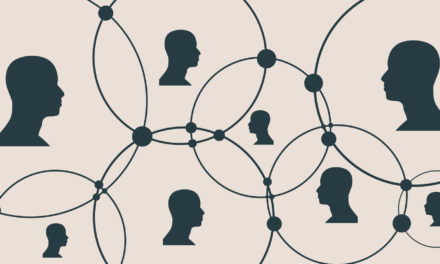Watch the video above and talk about it with a group or mentor. Learn more.
Asperger Syndrome is thought to affect millions of people globally. With patience and dedication, friends, family, and co-workers can help their loved ones with Asperger Syndrom communicate more effectively.
Key Points:
- Asperger Syndrome is an Autism Spectrum Disorder thought to affect millions of people globally. It is characterized by repetitive behaviors, clumsiness, and difficulty communicating with others through words and body language.
- John was diagnosed with Asperger Syndrome as a young teen. He describes it as a “social disability” that makes it difficult to communicate. He considers it more of an abnormality than as a disease or a handicap.
- Many with Asperger’s must learn to control how often they speak and what they speak about.
- Those with Asperger’s have to work hard at being socially “normal.” They may need a circle of friends and family who are “bluntly honest.” Feedback is helpful.
- Developing meaningful relationships is hard for everyone, but those with Asperger’s have different, at times more challenging, experiences with friendship. Friends and family of those with Asperger’s should do their best to accommodate the different experiences of their loved ones.
Quote This:
I have a condition called Aspergers Syndrome, which is like a mild form of autism It means I don’t interact properly in certain social situations. -Gary Numan
Talk About It
- What is your initial reaction to this topic? What jumped out at you?
- Have you ever felt misunderstood or misinterpreted by someone? What happened?
- Have you ever known someone with Asperger’s or another Autism Spectrum Disorder? How did that person’s thinking and behavior differentiate them from what you would consider “normal” behavior?
- If you are not affected by such a disorder, what do you think your role is in the lives of those who are affected by them? What is not your role in their lives?
- How can you care for people you may know with Asperger’s, their families, or others close to them?
- Write a personal action step based on this conversation.






